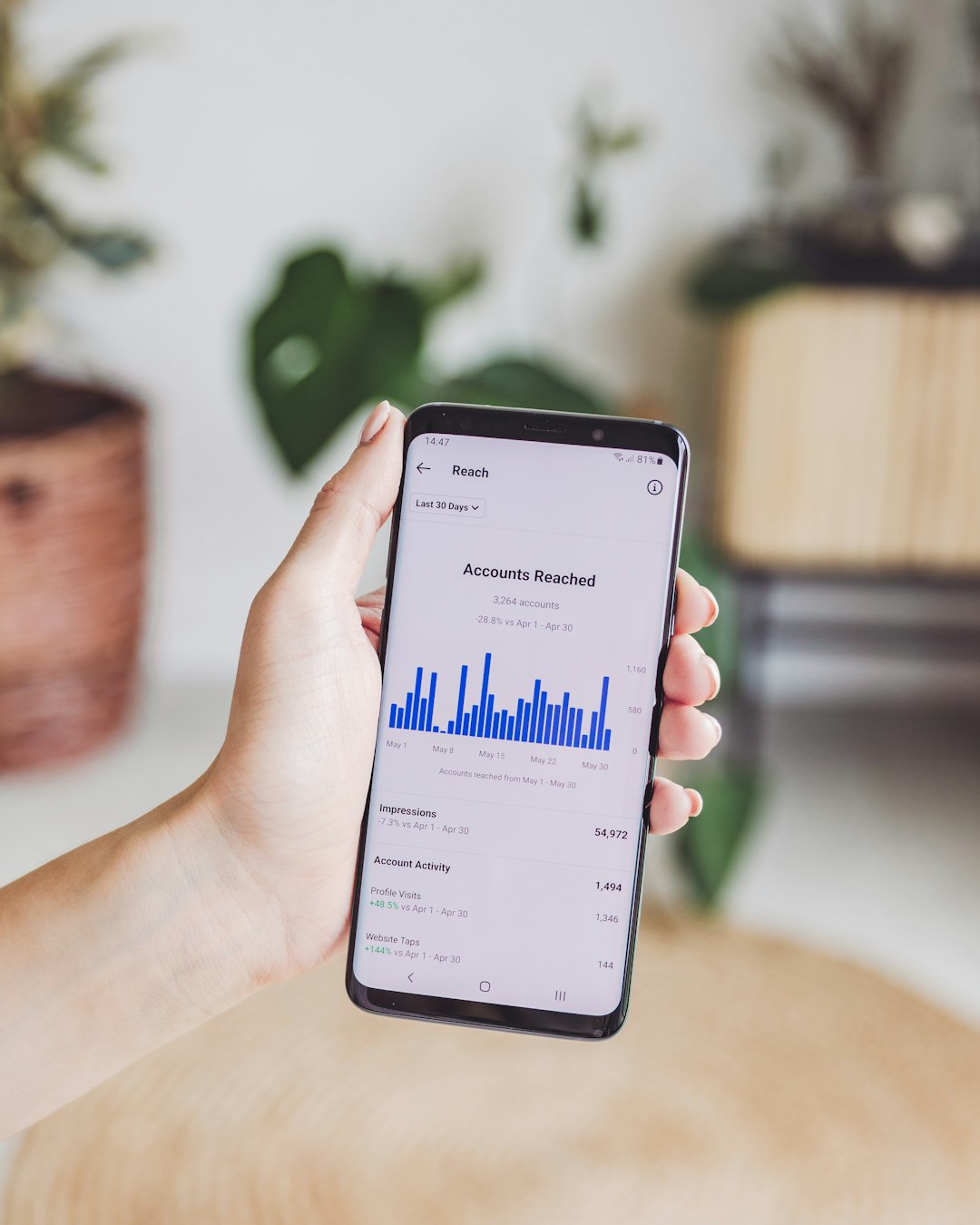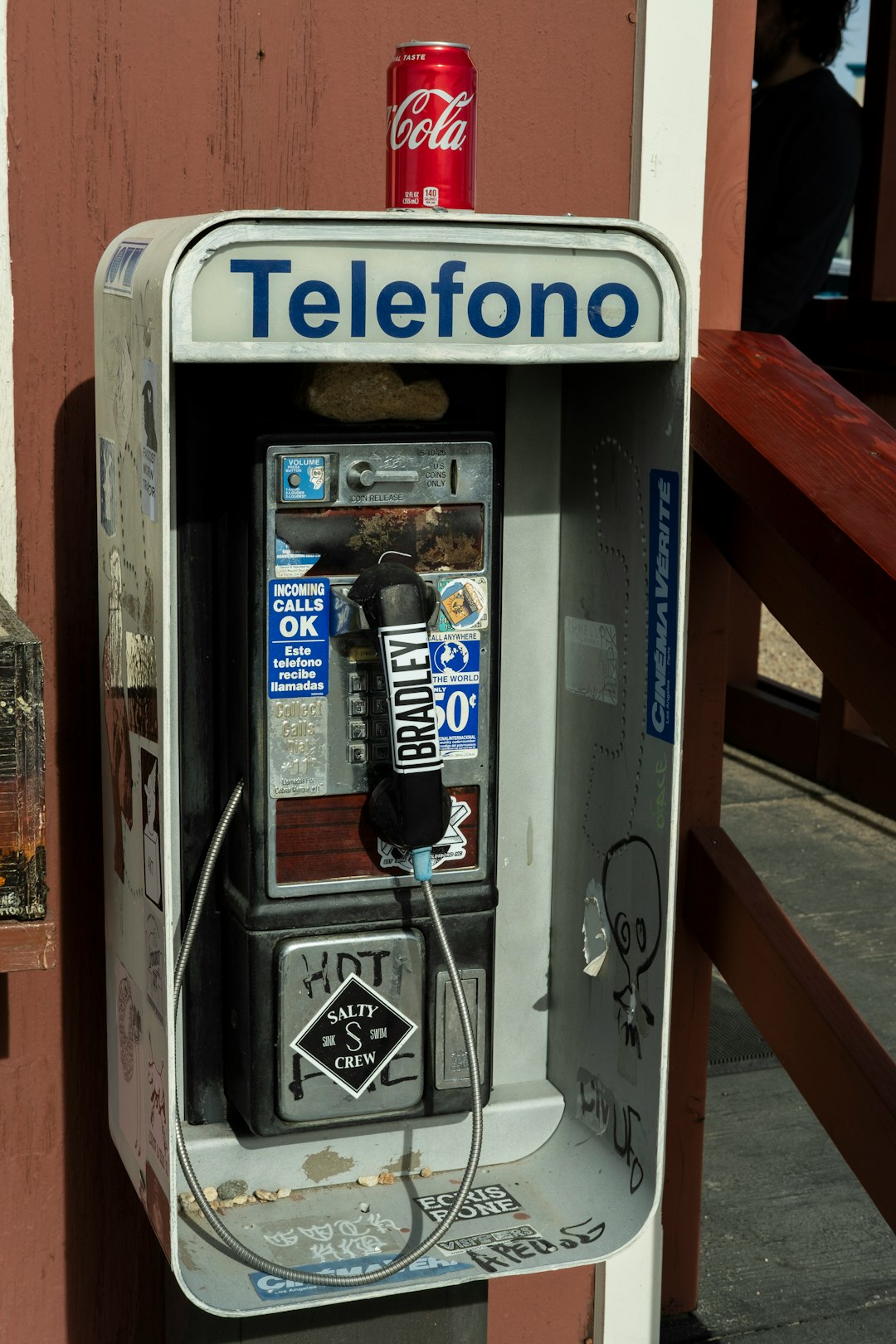Vermont enforces stringent debt collector laws under the General Laws, protecting consumers from unfair and abusive practices. These regulations govern communication methods, timing, and frequency for collectors, ensuring debtors are treated respectfully. Debtors in Vermont have rights to demand validation of debts and to stop communications upon request. Strict adherence to these laws by both debt collectors and debtors ensures fair interactions, with consequences for violations, including legal action under the Fair Debt Collection Practices Act (FDCPA).
Vermont has specific laws governing debt collection practices, ensuring debtors are treated fairly. This comprehensive guide explores the state’s regulations, focusing on when and how debt collectors can contact you. We’ll delve into the rights of Vermont residents and the restrictions placed on these professionals. Additionally, we’ll cover strategies for handling harassment or unfair practices, empowering individuals to navigate this process with confidence while understanding their rights under the debt collector laws in Vermont.
Understanding Vermont's Debt Collection Laws

Vermont has specific laws governing debt collection practices within its borders, designed to protect consumers from aggressive or unfair tactics. Understanding these regulations is crucial for both debt collectors and individuals who owe debts. The Vermont debt collector contact rules are detailed in the state’s General Laws, ensuring a fair and transparent process for resolving outstanding debts.
Debt collectors in Vermont must adhere to strict guidelines regarding communication methods, hours of contact, and the frequency of calls. They are prohibited from using abusive or harassing language, making false statements, or employing unfair practices to collect debts. These laws promote a respectful and legal collection process, empowering consumers with rights against unjust treatment during debt recovery efforts.
When and How Can a Debt Collector Contact You?

Debt collectors in Vermont are subject to strict regulations regarding their communication methods and timing, designed to protect consumers from harassment. They can contact you via phone, mail, or email, but there are significant restrictions on when they can do so. Generally, debt collectors cannot call before 8 am or after 9 pm, Monday through Friday, to avoid disturbing individuals during their personal time. They must also cease all communication if you request it in writing.
Additionally, Vermont debt collector laws dictate the frequency of contacts. Collectors typically have a limited number of attempts per week and must provide you with a valid identification when reaching out. It’s essential to know your rights and understand these rules to ensure fair treatment during debt collection processes.
Rights of Debtors in Vermont

In Vermont, debtors have several rights under the state’s debt collection laws. According to the Federal Trade Commission (FTC), collectors must provide validation of the debt and stop contacting a debtor once they request no further communication. This means that you, as a debtor, have the right to demand proof of your debt and to put an end to harassing phone calls or letters from collectors.
Vermont’s debt collection laws also restrict when and how often collectors can contact you. They are allowed to make one contact per day, except in cases of emergency. Additionally, they cannot contact you at inconvenient times, such as before 8 a.m. or after 9 p.m., nor can they use abusive, obscene, or threatening language. These protections ensure that debtors in Vermont have a fair and reasonable experience when dealing with debt collectors.
What Are the Restrictions on Debt Collector Contact?

Handling Harassment and Unfair Practices by Debt Collectors

In Vermont, debt collectors are governed by strict laws designed to protect consumers from harassment and unfair practices. The Fair Debt Collection Practices Act (FDCPA) outlines specific rules that debt collectors must adhere to, including prohibiting abusive, oppressive, or harassing behavior. This includes using obscene language, making repeated phone calls with the intent to annoy or harass, and misrepresenting or exaggerating the amount owed.
If a Vermont resident experiences harassment or unfair practices by a debt collector, they have legal recourse. According to the debt collector laws in Vermont, individuals can file a complaint with the Attorney General’s Office or take legal action against the collector. It is advisable for consumers to document all interactions and keep records of any harassing communications, as these can serve as evidence if a formal complaint is filed.






